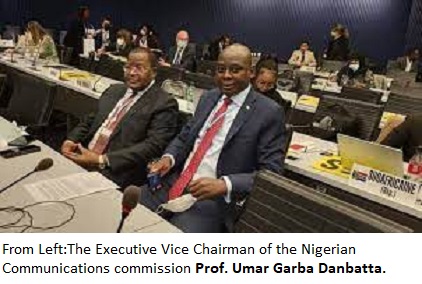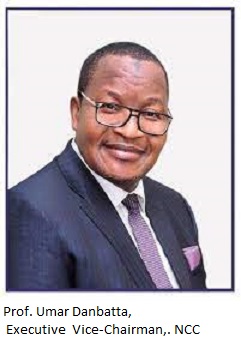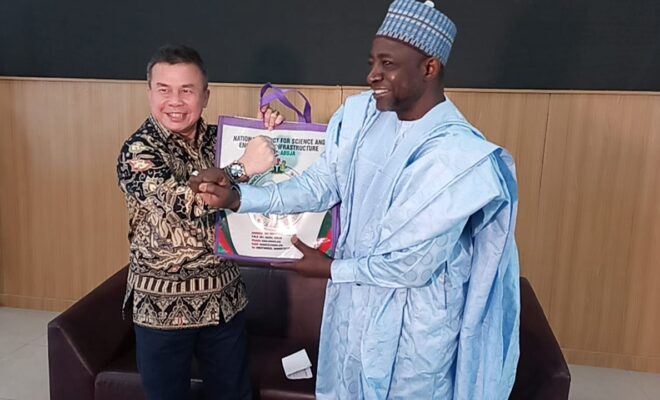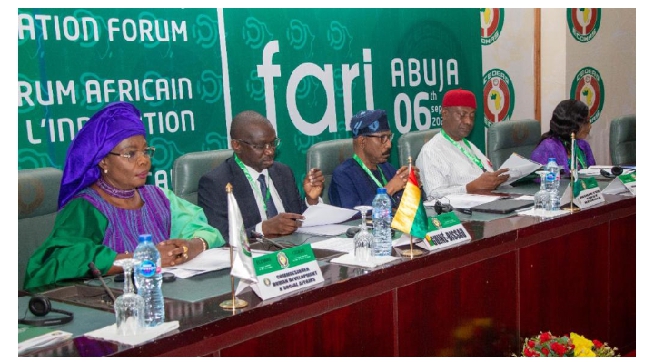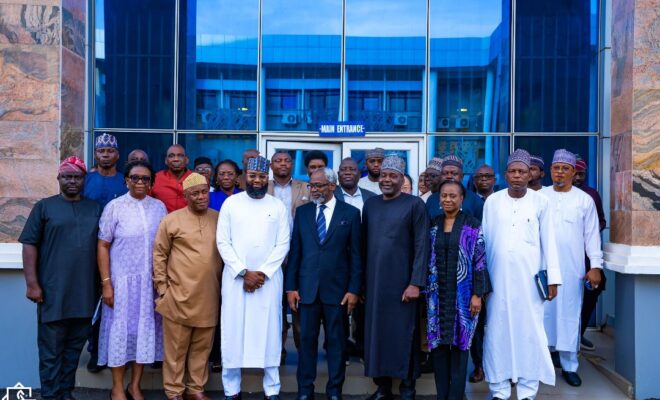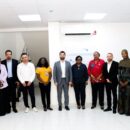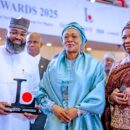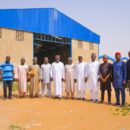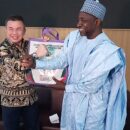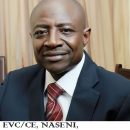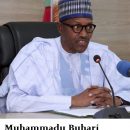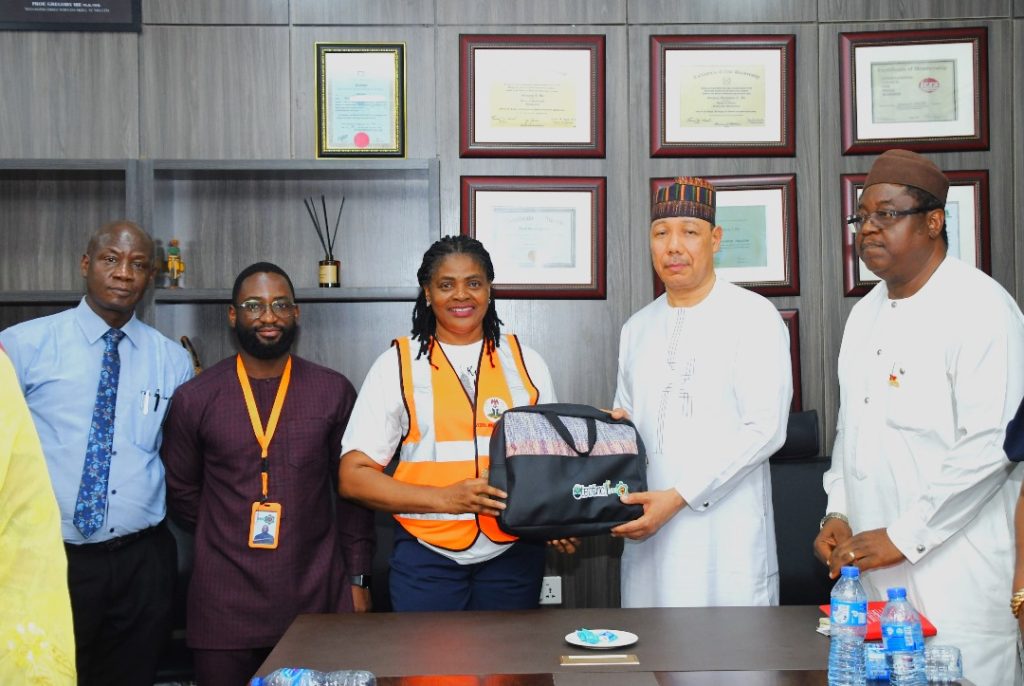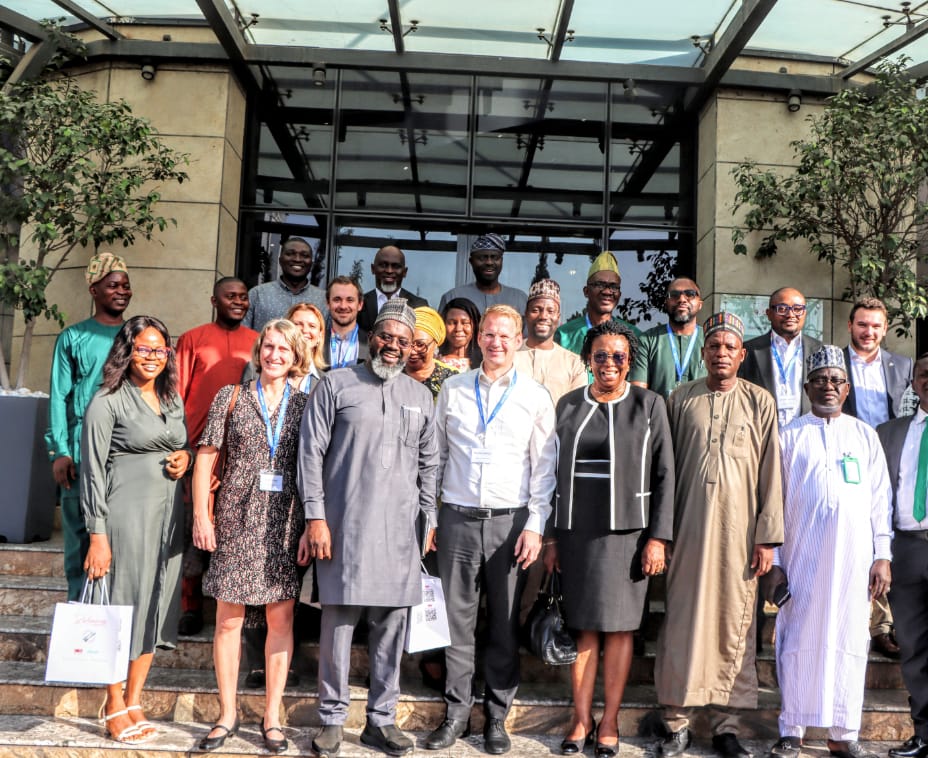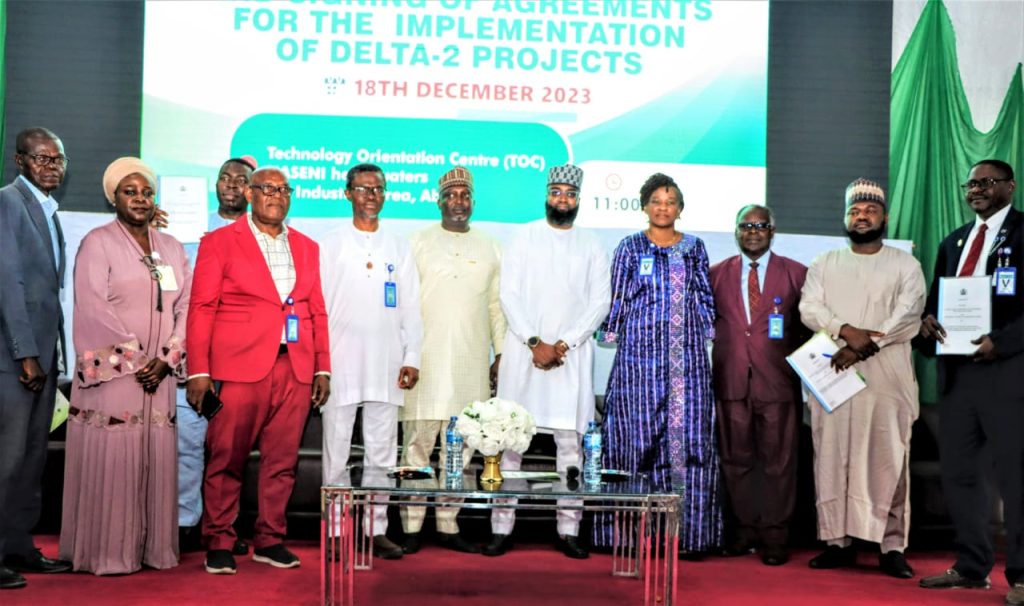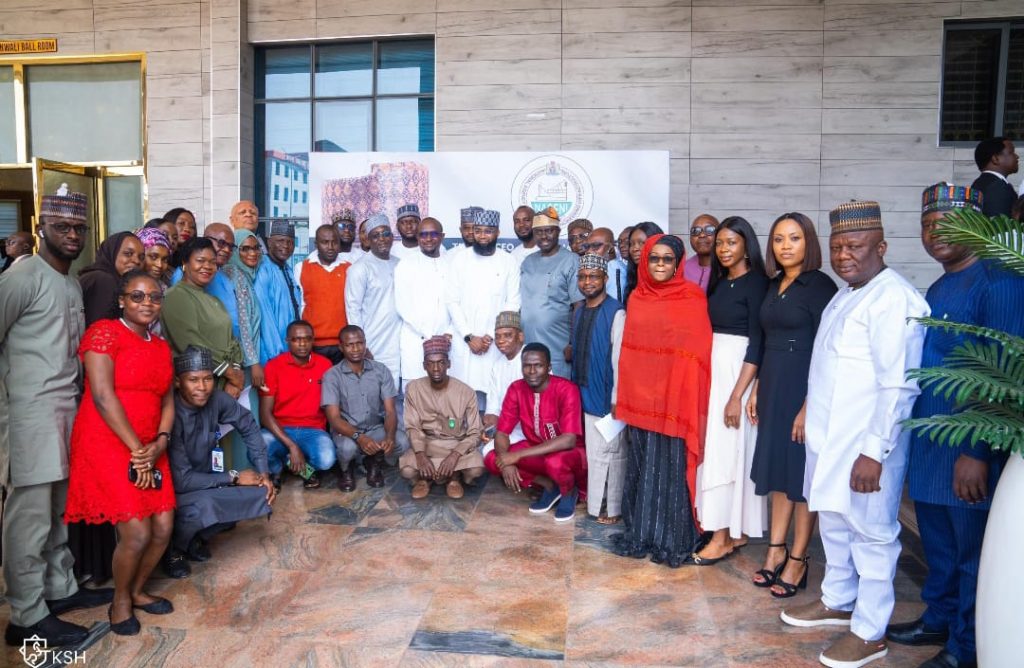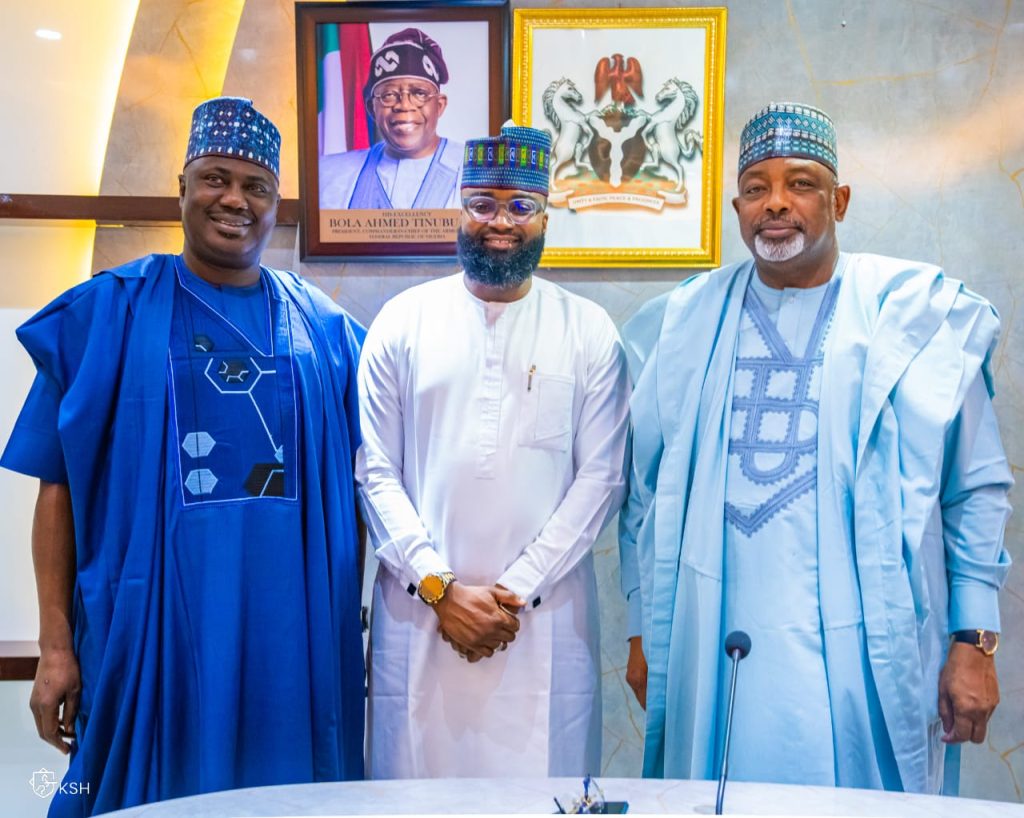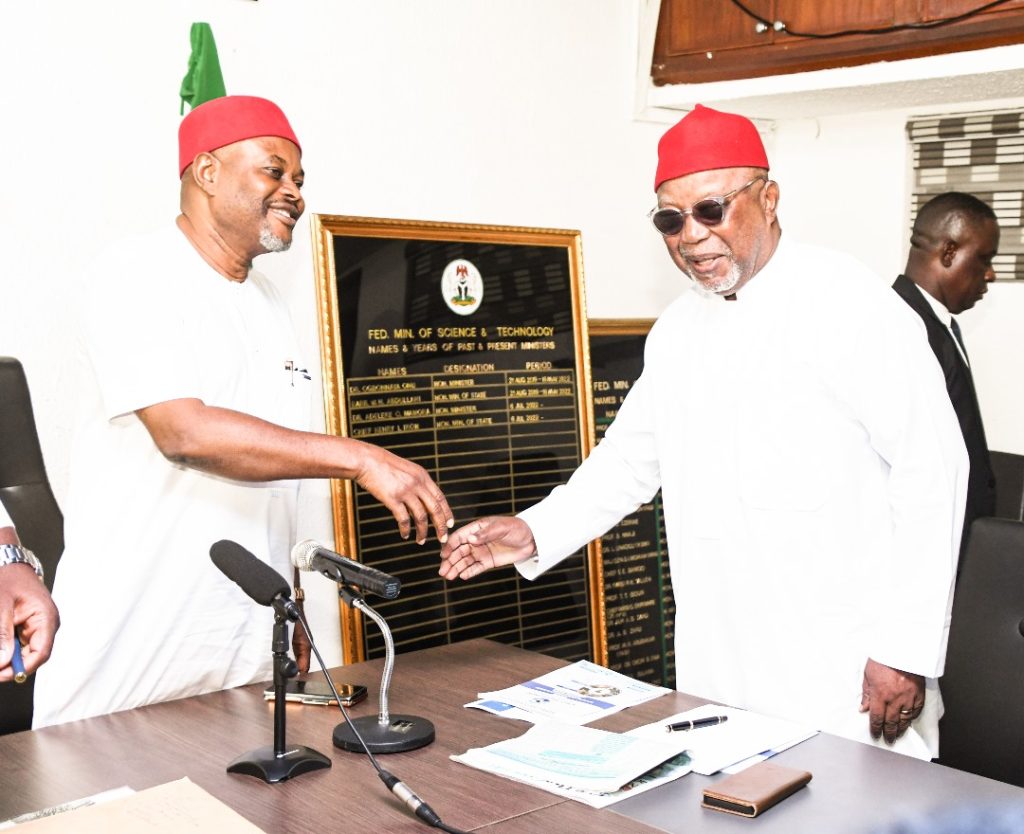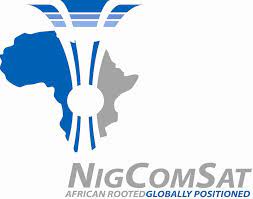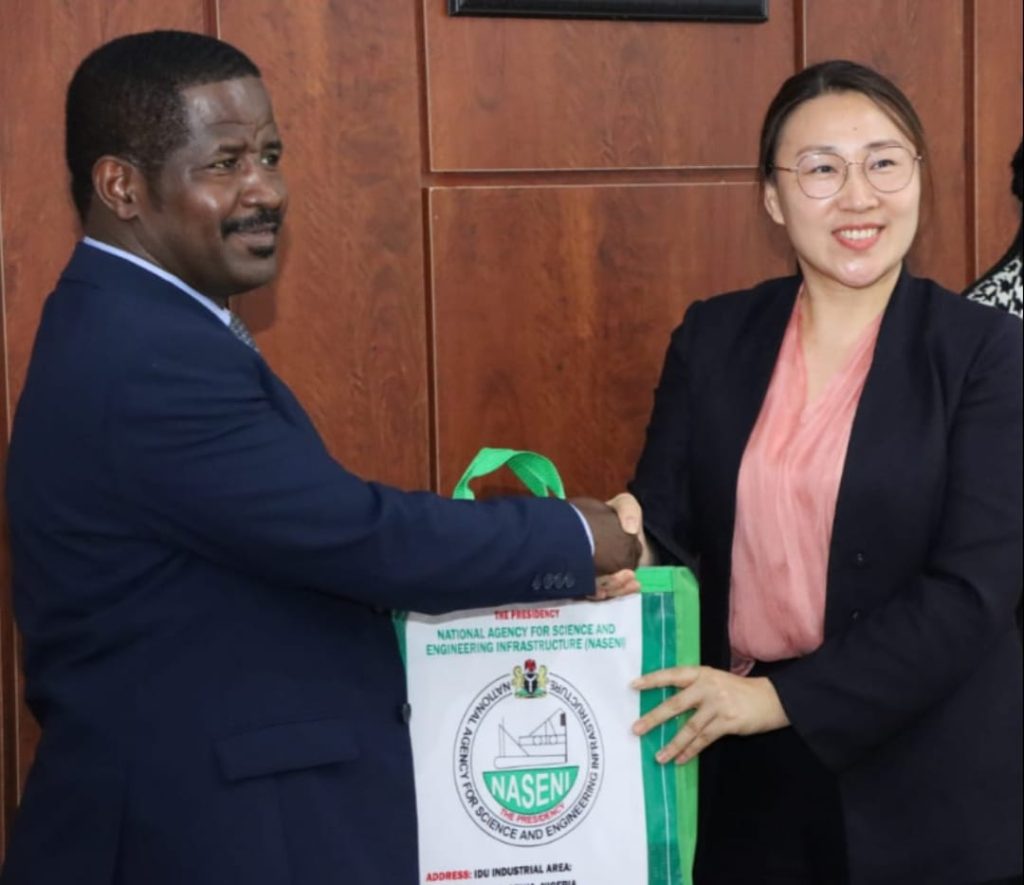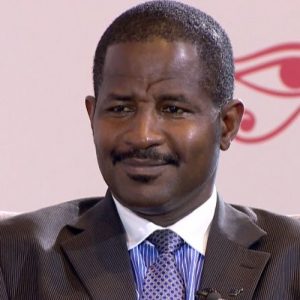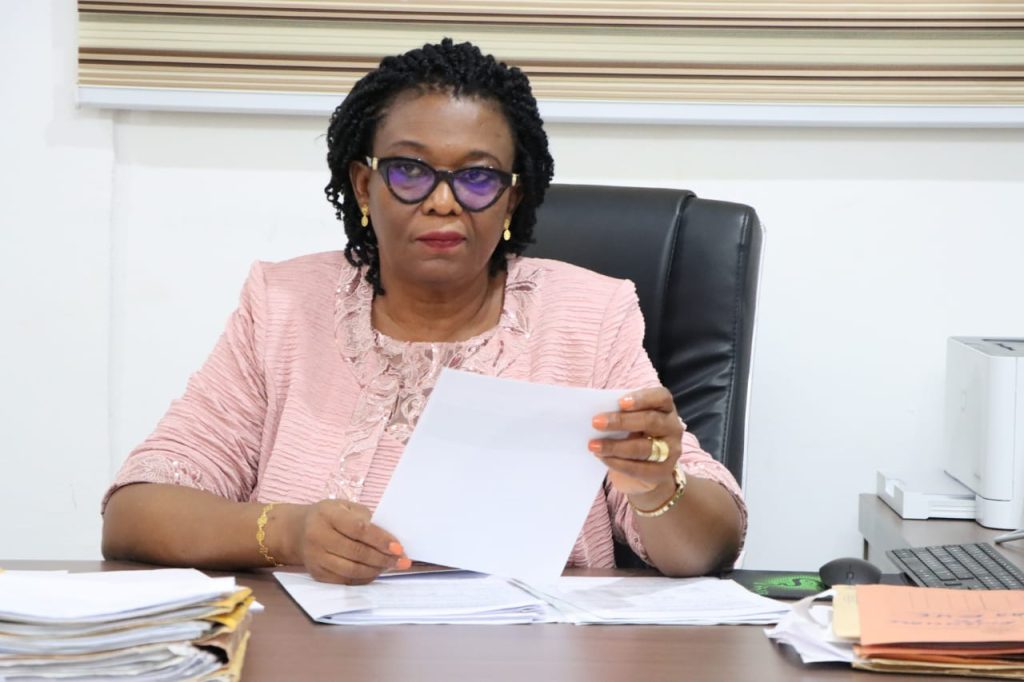How NASENI Technologies Can Promote Economic Growth & Development in 36 States of Nigeria
 Nigeria unarguably is both the biggest market in Africa and also largest black settlement in the world; two narratives that had persisted for a while. And despite too many socio-economic challenges confronting her, to an optimist, there are many more reasons to sustain the assertion about Nigeria being Africa’s anchor of future strong economy having huge population and a major market to demonstrate such potential.
Nigeria unarguably is both the biggest market in Africa and also largest black settlement in the world; two narratives that had persisted for a while. And despite too many socio-economic challenges confronting her, to an optimist, there are many more reasons to sustain the assertion about Nigeria being Africa’s anchor of future strong economy having huge population and a major market to demonstrate such potential.
Altogether Nigeria’s numerous natural endowments and bubbling human resources are, no doubt, enviable. Ironically despite optimism, the promise of better living conditions for majority of the citizens have remained unfulfilled dreams or generally elusive. It is however pertinent to quickly say that the underlining factors for unfulfilled dreams and aspirations are not far-fetched. A set of missing links currently exist generally in policy conception, promotion and general development plans to harness those well-known abundant human and material resources found in the country’s soil. That missing paths include the absence or lack of deployment of appropriate research results and technology utilization to enhance Nigeria economics or development imperatives.
It does not matter how many fora and summit where we yell on rooftops that Nigeria is most “populous black nation” “giant of Africa” and the rest, once the above factors eluded the nation in her planning, we are left with mere circus show of expenditures not having direct bearing to lead the nation in the path of genuine development. Hitherto, the ace is for Nigeria and the governments to invest in research, science and technology innovation straightaway!
It was the late Nigerian economist and poet, Prof Pius Okigbo who once said: “endowments with natural resources does not necessarily make a country rich. A country can remain potentially rich on a permanent basis whilst a country that is not generously endowed with natural resources can become very rich ultimately; it is the quality of human resources (research, science and technology innovation) that determines whether or not a country becomes rich. Economic growth is not identical with economic development; development is about people, while growth is about things” (end of quote). This adage by the late sage puts Nigeria and the nation of japan side-by-side each other for everyone to judge.
But I think there are hopes in the horizon for Nigeria, going by some recent developments in the polity, and if only the government would put her monies to back up her public pronouncements. First to reckon with was the pronouncement by the Vice President Prof. Yemi Osinbajo that the Federal Government intended to set aside 0.5 percent of Nigeria Gross Domestic Product (GDP) to fund research and development. Second, which I will solely deal with in this article, is the on-going deliberate repositioning of the National Agency for Science and Engineering Infrastructure (NASENI) to lead the technology sector of the country.
This move and many more in particular I believe will culminate in the emergence of much needed science, technology and innovation ecosystem for our dear country-all things being equal. The effort in this direction by the government if followed through could bestow on the Nigerian economy the crucial multiplier effects to economic growth and development because access to smart innovations, engineering tools and machinery and other devices could enhance agricultural output, health, job and wealth creation and eventually will reduce dependence on foreign technologies. This is in consonance with late Prof. Okigbo’s wise counsel to us earlier.
The President Muhammadu Administration, recently through the National Economic Council (NEC) chaired by Vice President, resolved to look the way of NASENI for technical solutions to myriads of socio-economic challenges faced by the nation which had led to poverty, unemployment, high crime rate amongst other social vices. According to NEC, all 36 State Governors in the federation should adopt home grown economic reform programmes via technology development as articulated by NASENI. To us in Innovation Nigeria News, this is a welcome development and lights at the end of tunnel for Nigeria’s research and knowledge community.
How can the States benefit from NASENI technologies? Amongst several ways, the industrialization efforts by State governments, private companies, small and medium enterprises (SMES) in Nigeria are expected to become a lot easier. This is because the machines, equipment and technologies needed to convert natural resources into viable economic activities in the States can be produced locally by NASENI through private sector participation and transfer of patented R&Ds results to private companies and industries. Observers have said that this move would end importation of obsolete machines, technologies and equipment to run factories in Nigeria.
NASENI over the years has been carrying out research into production of agricultural tools and machineries which had led to the production of different agricultural farming and food processing machines. Also, all NASENI’s ten (10) research & development institutes are located across various States, engaging in manufacturing of equipment locally for processing of raw materials. With the Agency’s rotary furnaces in various institutes, it has produced and manufactured agro-processing machines such as rice value chain equipment and multi-grain thresher, palm oil processing machines, cassava grater, integrated high quality cassava processing machines and others.
In other sectors, the Agency has demonstrated tremendous capacity to offer solutions in power and transportation. In the power sector, despite lean resources at its disposal, the Agency trained about sixty (60) engineers in China, all of them successfully returned to Nigeria for the production of locally made transformers and to run a high voltage testing laboratory. NASENI designed and manufactured prototypes of first Made-in-Nigeria Smart Energy Prepaid Meters (SPEM), the Small Hydropower and Propeller turbines all for the improvement of power generation and distribution and many more.
In the transport sector, the Agency recorded successful design and production of first Made-in-Nigeria tricycles “KEKE NASENI” (passenger & Cargo types). Also in order to ensure that the KEKE prototypes and technology did not end up in the shelves, it entered into partnership with an indigenous Automobile manufacturing firm, Innosson Motors to mass produce the tricycles. With the innovation and agreement in place, no doubt, NASENI is playing its roles in Nigeria to evolve an industrial economy.
In 2011, NASENI established and till date operates a 7.5 Megawatts Solar Panel Manufacturing Company and this is beside its current efforts to increase local content of solar panel manufacturing in Nigeria up to 85 percent through the local production of solar cells from silica ingots (common sand) which is massively abundant in the country. The solar cells manufacturing alone will create a minimum of nineteen thousand eight hundred (19,800) local jobs from extraction and processing of silica including aluminium framework production. This venture will lead to conservation of Nigeria’s foreign exchange and reduction of capital flights. The organisation is currently up and running at the efforts of manufacturing the first Made-in-Nigeria Helicopter and also the Unmanned Aerial Vehicles (UAVs) for agriculture and security surveillance purposes. The palm oil expeller, coconut oil expeller, primary and secondary schools science equipment and tertiary laboratory equipment are all achievements of the Agency.
Ultimately the technical potentials of NASENI and its technologies to assist States in turning around their socio-economic fortunes are too numerous. AS a media house, Innovation Nigeria News had taken it upon itself to monitor developments in the sector, more so, the NEC which has 36 State Governors as members, I believe, cannot ignore its own resolutions. The first practical step in the collaboration is for NASENI to focus on assisting the 36 State Governors in providing reversed engineering on certain key components of machinery useful to them in revamping dying industries and factories in States. This is rather an exceptional economic innovation and decision by the Federal Government and we commend specifically the NEC for this great move.

